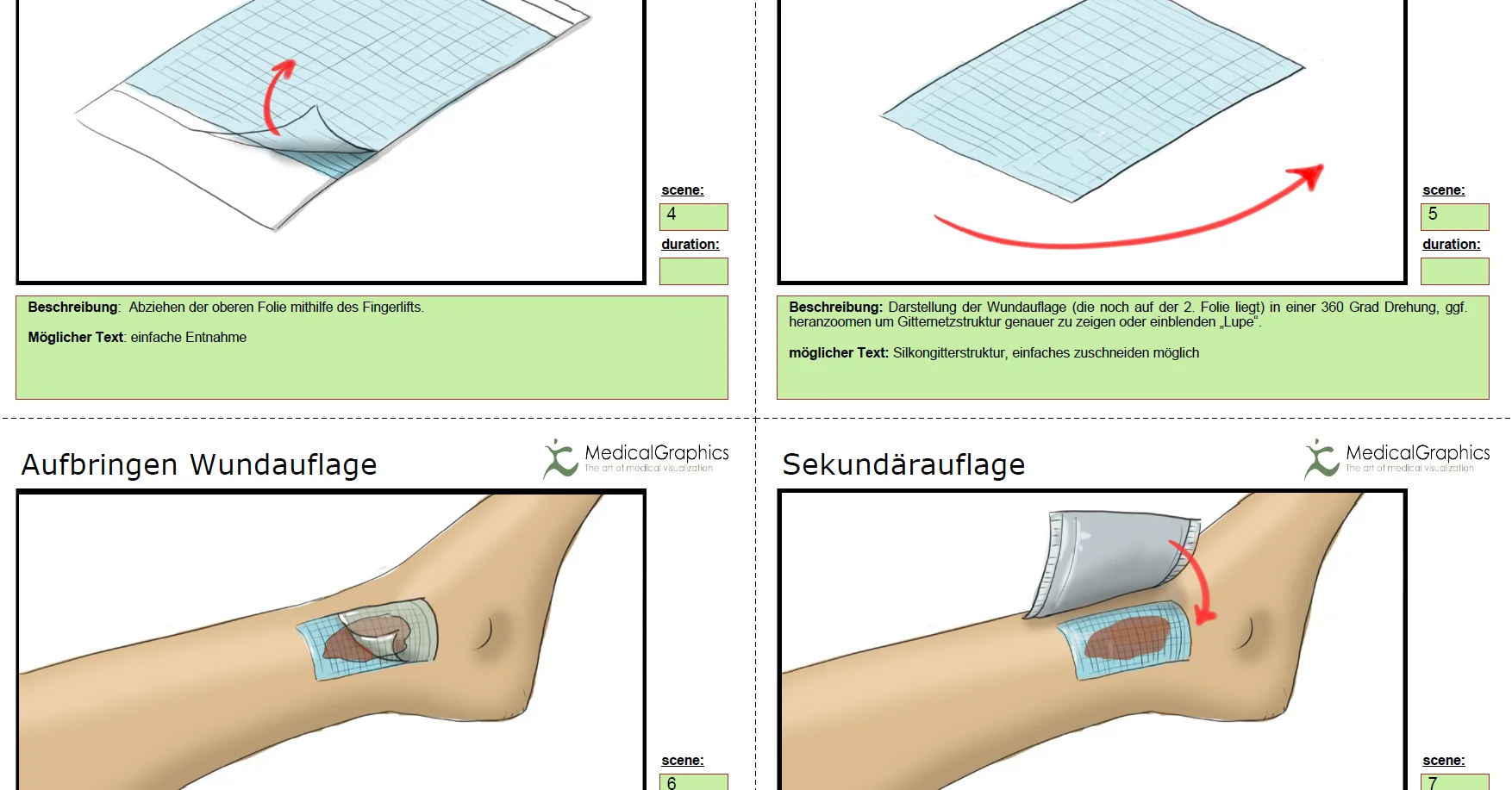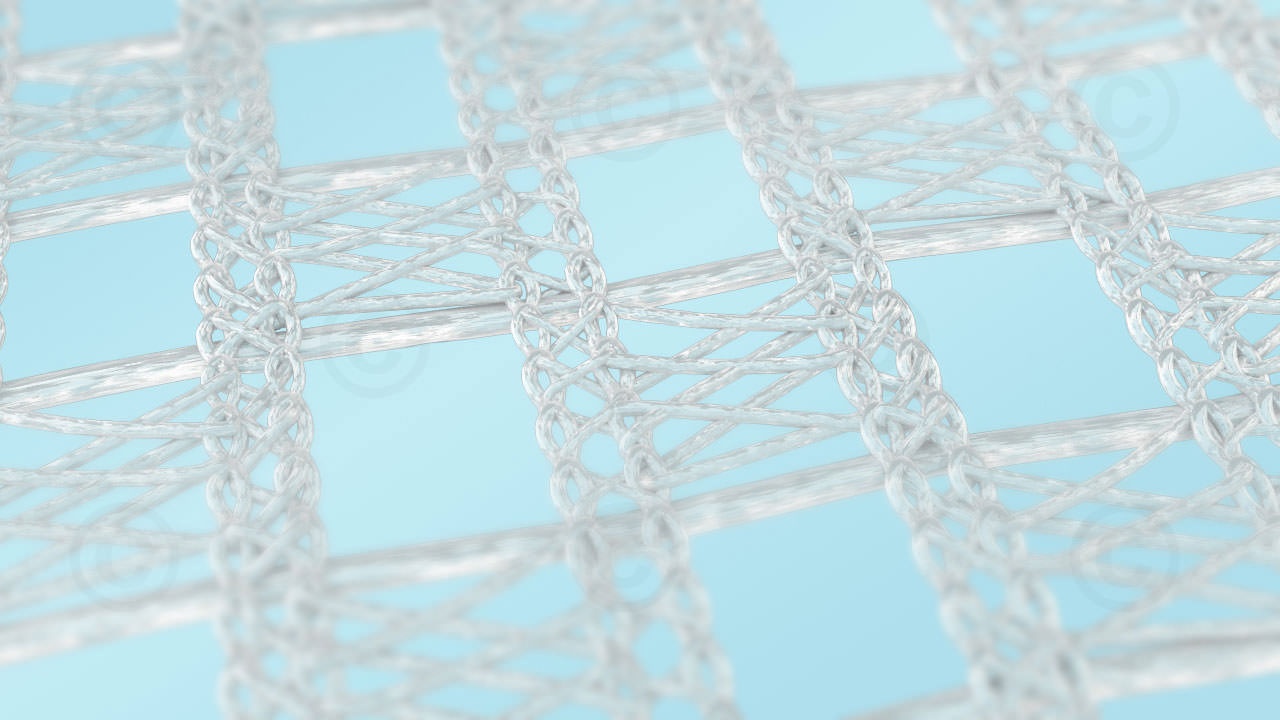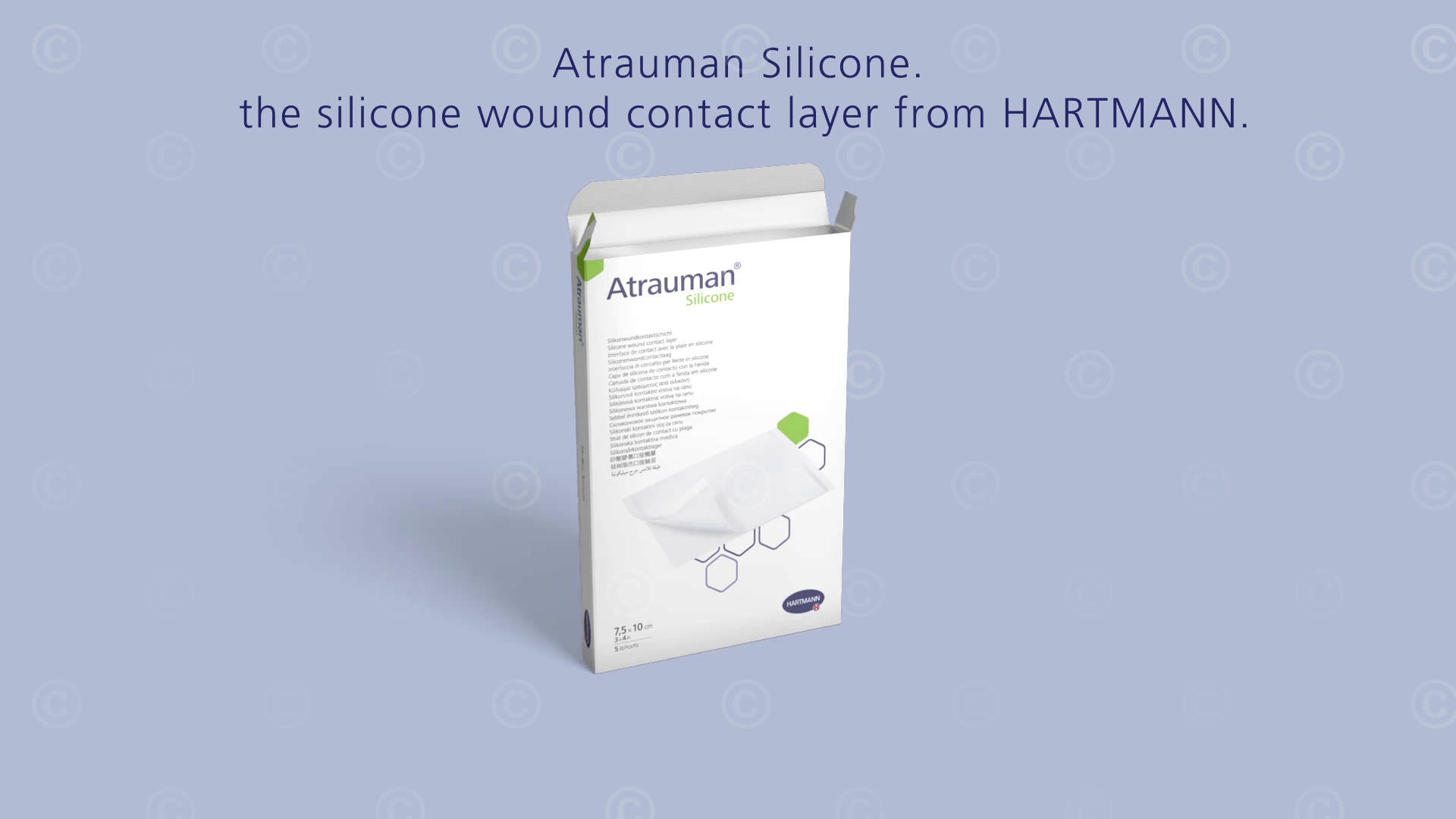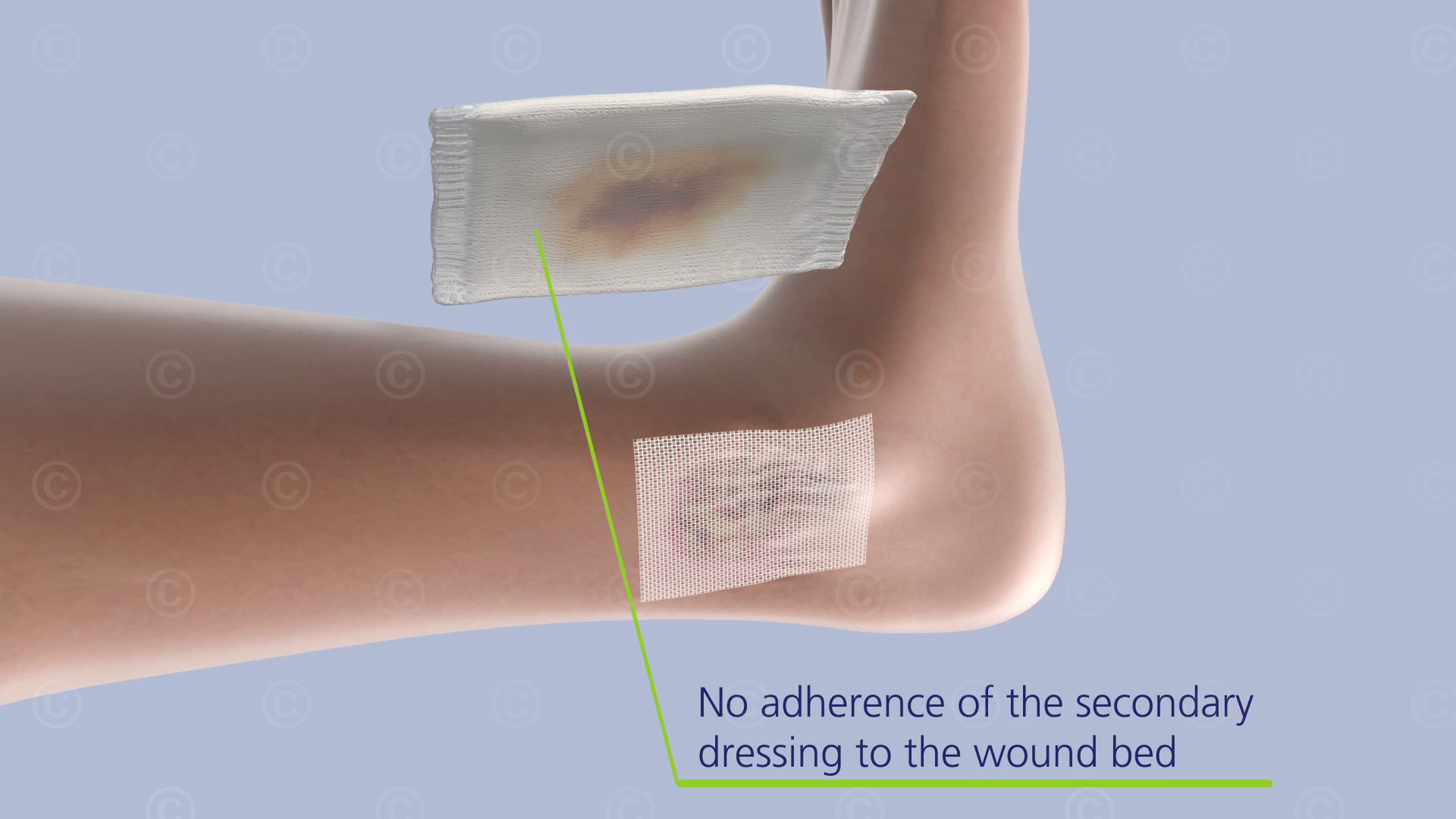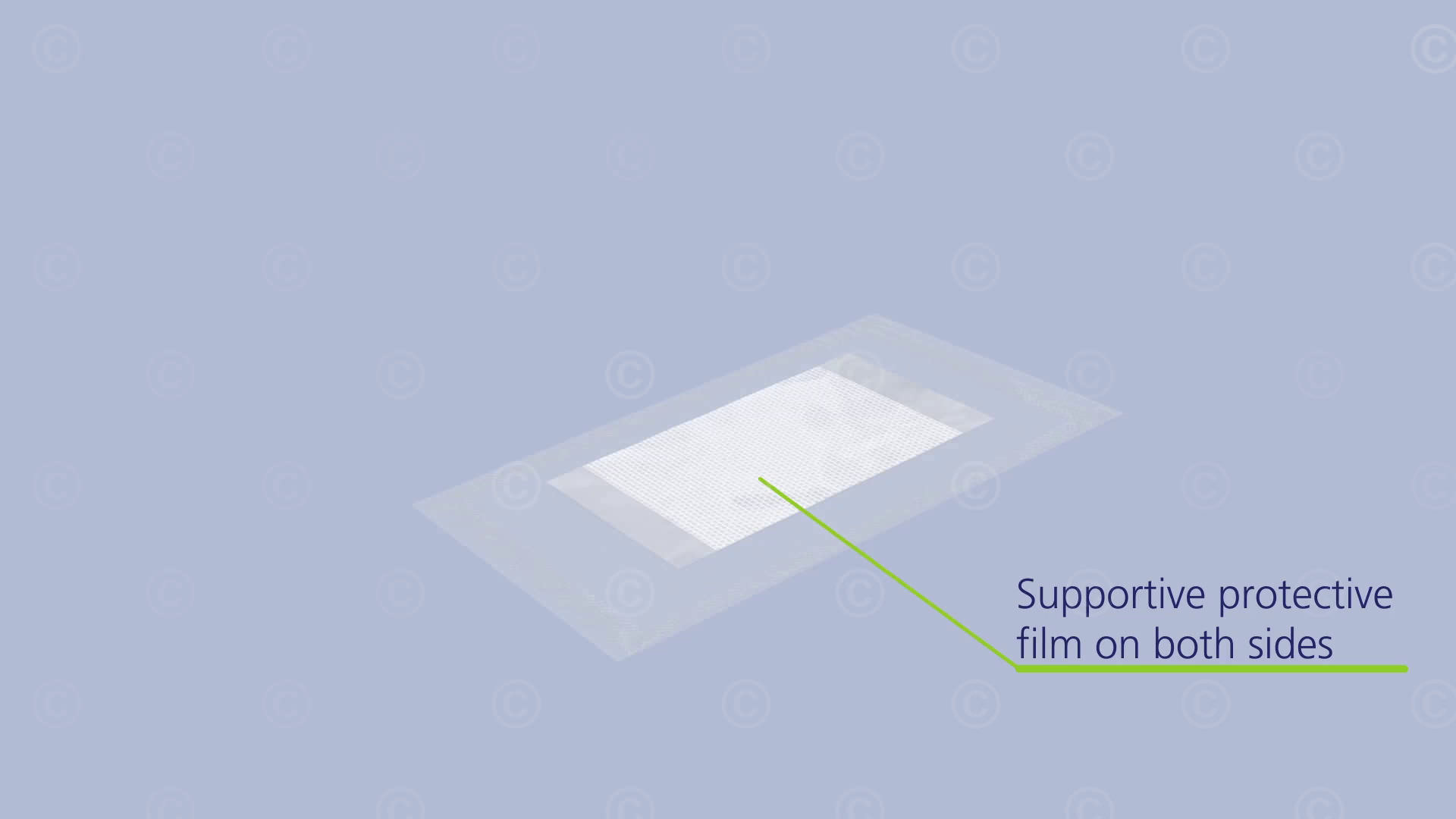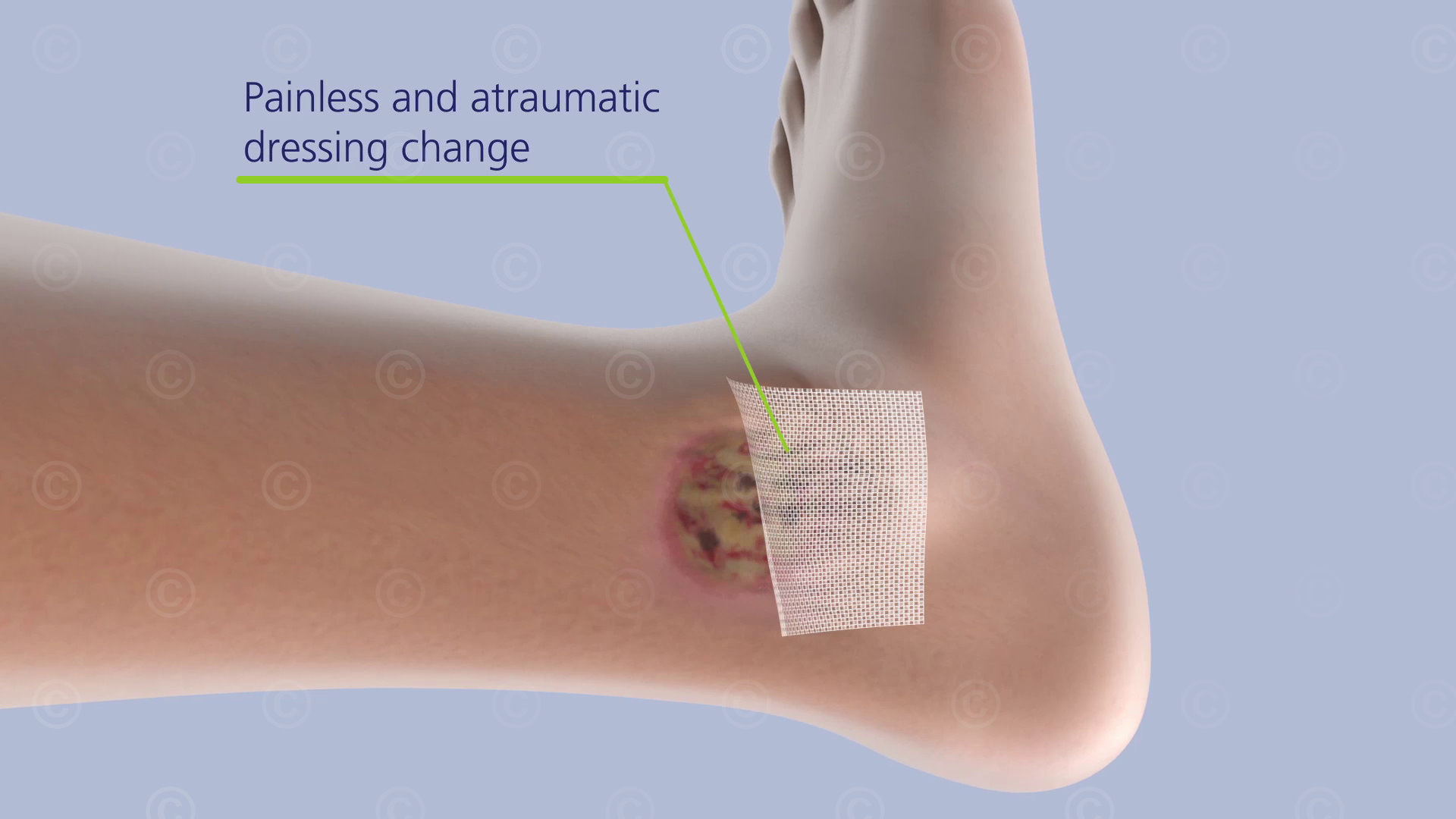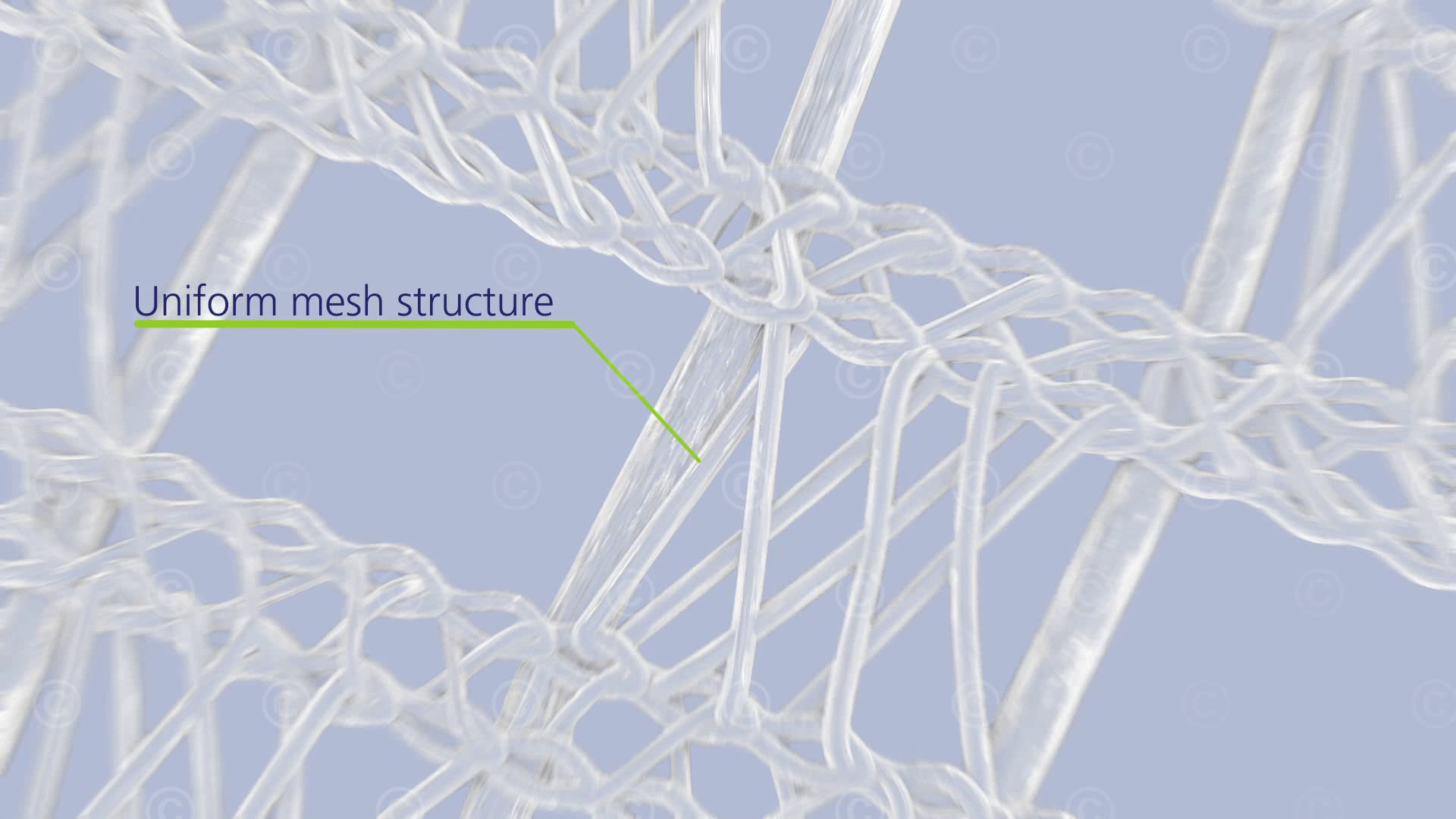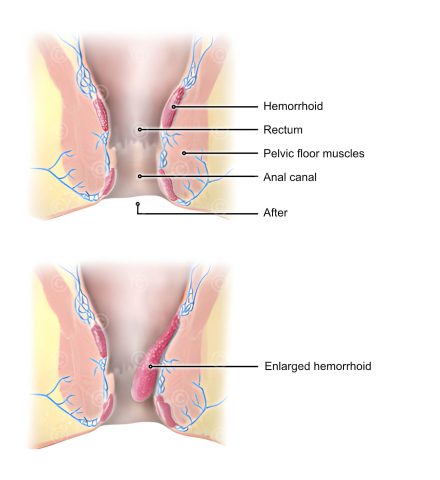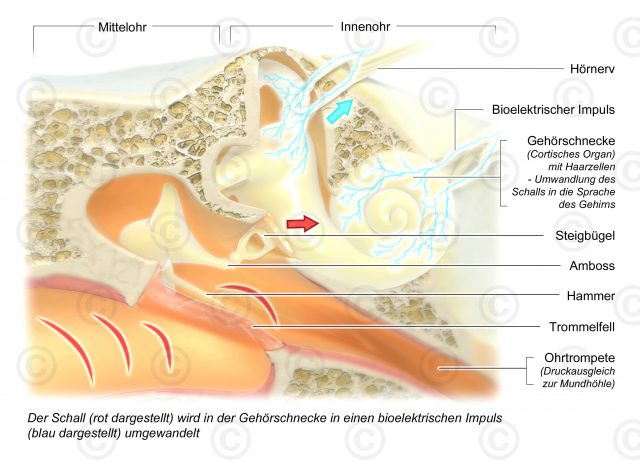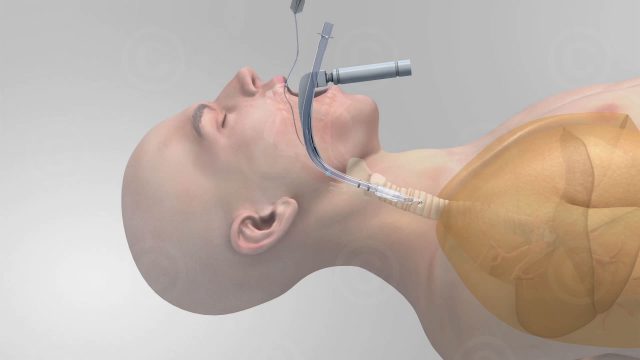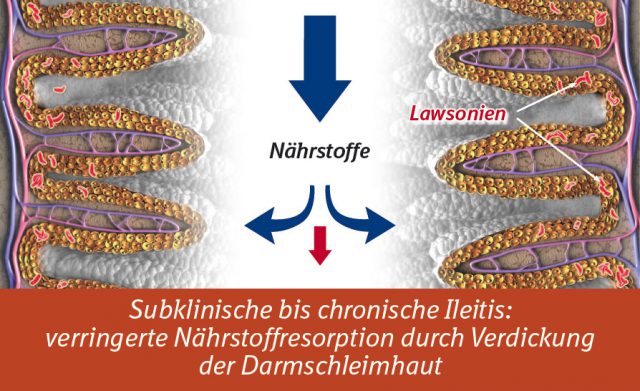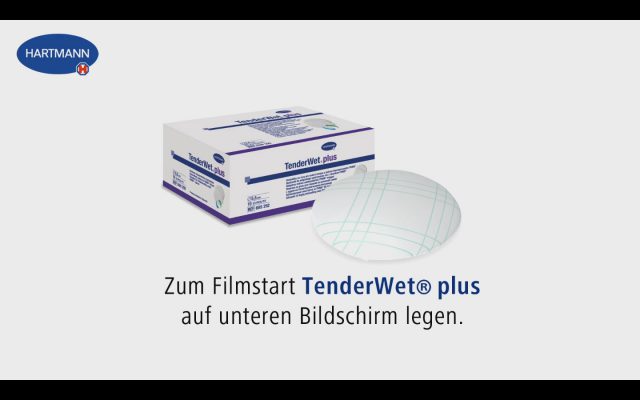Usage rights : Paul Hartmann
Music: Kevin McLeod – Impact prelude – License: Creative Commons (CC BY 3.0)
3D animation of the application of the wound contact layer “Atrauman Silicone” for the treatment of atraumatic wounds. The wound contact layer adheres securely to dry but not to moist surfaces and therefore does not stick to the wound.
Project details:
Content: Product video- length ~2 minutes
Utilization: Medical fairs, congresses, internet
Specifications: Full-HD, 1920*1080px
Client: Paul Hartmann AG
The rights of use of the illustrations shown are with the respective clients.
Screenshots animation:
